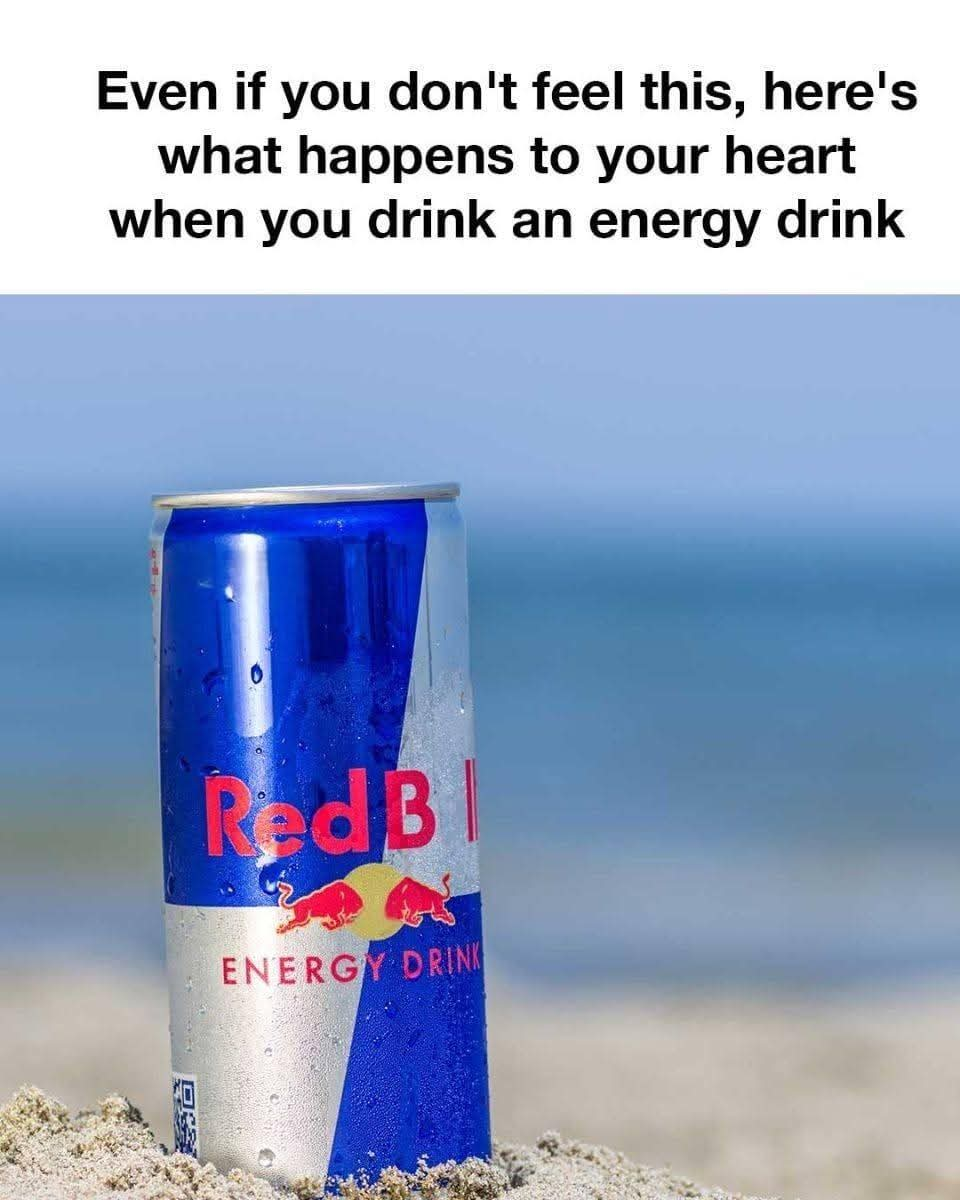Energy drinks have become a staple in the fast-paced lifestyle of modern society. Marketed as beverages that boost energy, enhance mental alertness, and improve physical performance, they are particularly popular among young adults, athletes, and professionals. The global energy drink market has experienced exponential growth over the past few decades, driven by aggressive marketing strategies and the increasing demand for quick energy solutions. However, the rise in consumption has also sparked concerns about their safety and potential health impacts, particularly on the cardiovascular system.
Understanding the Ingredients in Energy Drinks
Energy drinks typically contain a blend of caffeine, sugar, vitamins, amino acids, and herbal extracts. Caffeine is the primary active ingredient, often present in high concentrations. Other common ingredients include:
Taurine
Guarana
Ginseng
B vitamins
These components are designed to work synergistically to enhance energy and focus. However, the combination and high doses of these ingredients can have varying effects on the body—especially the heart.
How Energy Drinks Affect the Cardiovascular System
The cardiovascular system is highly sensitive to the stimulatory effects of caffeine and other active ingredients found in energy drinks. When consumed, these substances can lead to:
Increased heart rate
Elevated blood pressure
This forces the heart to work harder, which can be taxing—especially when consumed in large quantities or by individuals with underlying health issues.
Immediate Impact on Heart Rate and Blood Pressure
Shortly after consuming an energy drink, individuals may experience a noticeable spike in heart rate and blood pressure. This is due to the stimulatory effects of caffeine, which trigger the release of adrenaline and other stress hormones. These changes can be more pronounced in people who are sensitive to caffeine or who consume multiple energy drinks in a short period.
Long-Term Effects of Regular Energy Drink Consumption
Regular consumption of energy drinks may contribute to chronic cardiovascular issues, including:
Hypertension (high blood pressure)
Arrhythmias (irregular heartbeats)
Increased risk of heart disease
The high sugar content in many energy drinks also poses risks for weight gain and diabetes, both of which are significant risk factors for heart disease.
Risks for Individuals with Pre-existing Heart Conditions
For individuals with pre-existing heart conditions such as:
Hypertension
Arrhythmias
Coronary artery disease
…the consumption of energy drinks can be particularly dangerous. The stimulatory effects can exacerbate these conditions, potentially leading to life-threatening complications such as heart attacks or strokes.
Comparing Energy Drinks to Other Caffeinated Beverages
While energy drinks contain caffeine, they often have higher concentrations compared to beverages like coffee or tea. Additionally:
The presence of other stimulants and sugars can amplify their effects.
Unlike coffee or tea, energy drinks are often consumed quickly, causing a rapid spike in caffeine levels in the bloodstream.
The Role of Sugar and Artificial Additives in Heart Health
The Role of Sugar and Artificial Additives in Heart Health
Many energy drinks are loaded with sugar and artificial additives, which can negatively affect heart health. Risks include:
Obesity
Insulin resistance
Inflammation
—all of which are linked to cardiovascular disease. Artificial additives and preservatives may also have unknown long-term health effects.
Scientific Studies on Energy Drink Consumption
Numerous studies have examined the effects of energy drinks on heart health. Research consistently shows that energy drinks can lead to:
Increased heart rate and blood pressure
Potential for arrhythmias and other cardiovascular issues
Ongoing research aims to better understand the long-term health implications and establish safe consumption levels.
Guidelines for Safe Consumption
Health experts recommend moderation when consuming energy drinks:
Limit intake to one can per day.
Avoid mixing with alcohol or other stimulants.
Individuals with heart conditions or caffeine sensitivity should consult a healthcare professional before consuming energy drinks.
Staying informed about the ingredients and their potential effects is crucial for making safe choices.
Conclusion: Balancing Energy Boosts with Heart Health
While energy drinks can provide a quick energy boost, it’s essential to weigh the benefits against potential risks to heart health. Understanding the ingredients and their effects on the cardiovascular system helps individuals make informed decisions. Moderation and awareness are key to enjoying these beverages without compromising heart health.
